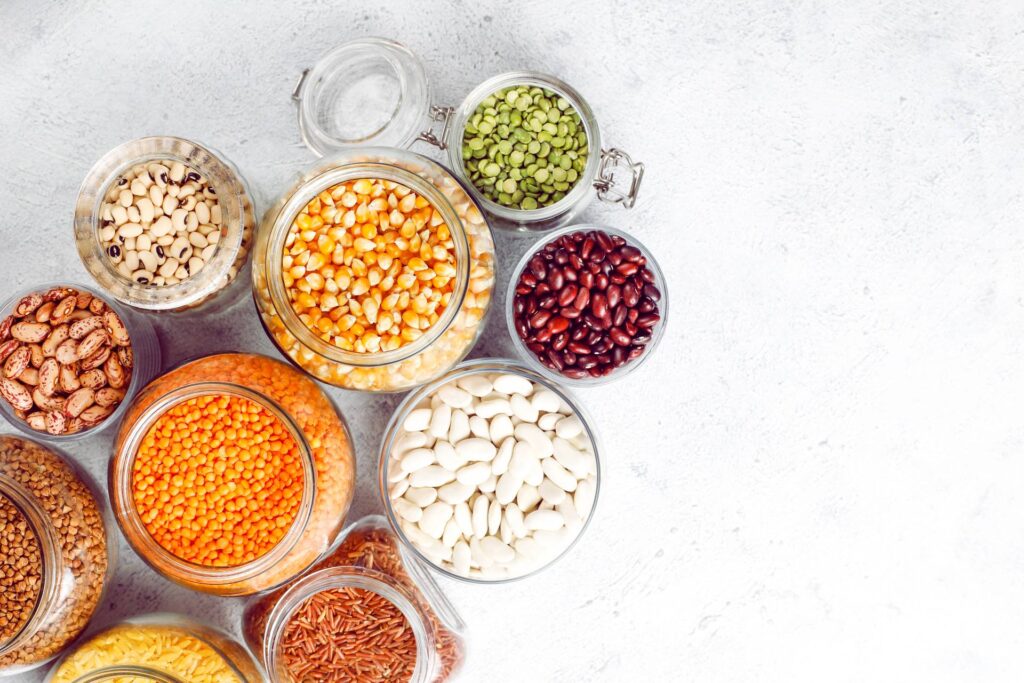Over the last 18 months, there’s been rapid growth in the food delivery market, prompted by restaurant closures, some adapting to lockdown to provide online ordering, as well as the big chains delivering via online apps. The online food delivery market is now worth over £8.5 billion in the UK, with the biggest online provider, Just Eat, processing more than 100 million orders a year.
Whilst choice and convenience have never been bigger, neither have our waistlines with 40% of adults in a recent Public Health Survey stating they have gained weight during the pandemic – the average being half a stone.
Comfort eating, stress, caring responsibilities, and home schooling have led to us reaching for pizza, Chinese, Indian and fried chicken, but what is this doing to our health and is now time to put down the phone and get busy in the kitchen?
Trick or treat?
1. Virtually all our favourite takeaways are fried, most likely using a processed vegetable or palm oil. These oils offer no nutritional benefit when eaten in large volumes and can cause inflammation in our bodies, which drives many long-term chronic diseases. These oils are frequently re-heated, every time the oil is cooled and re-used they release toxic substances and free radicals that can cause damage to our organs, and have been linked to heart disease and cancer.
2. Hidden salt and sugar. Often why takeaways taste so great is the combination of salt and sugar, for example, one teaspoon of sugar is in one slice of Domino’s pizza. Over time, excess salt and sugar can contribute to high blood pressure, heart problems and Type 2 Diabetes, and food establishments don’t have to explain the nutritional content of their food.
3. Extra calories and portion sizes. The combination of high carbohydrate spiking blood sugar (and making you feel sleepy afterwards), lack of nutrient dense vegetables, and physical size of the meals, means there’s a much better chance that you will eat more calories with a takeaway than home cooking.
How to make your take-out healthier
Busy lifestyles can make us feel like cooking every night is impossible, but small tweaks to your takeaway order can have a big long-term impact on our health.
● Customise your order – don’t be afraid to ask for food to be grilled or steamed instead of fried, or to use the minimum amount of oil for cooking.
● Order a side dish of vegetables. Cuisines such as Indian, Thai and Lebanese will often have tasty options, or even lentils and beans will add fibre to the meal to help you feel fuller for longer.
● Add ingredients from your fridge. If ordering a pizza, try your own side salad, or a pouch of wholegrain rice with your Chinese will omit some of the frying used for a special fried or pilau rice.
● Opt for tomato based rather than creamy sauces which are more calorific and contain more saturated fat.
● Put your food on a plate. Food carton sizes can be deceiving and often can feed two people rather than just one, so you have a better understanding of the quantity of your meal.
● Avoid the upsells – supersizing your order, adding a garlic, bread, dessert or fizzy drinks is common, so be firm on what you know will fill you up before you order. With pizza, go for the thin crust over the stuffed crust.
● Frequency – how often do you order take out? If it’s once a week, could you stretch to every two weeks and have an alternative plan in advance for your Friday night? If you’re new to cooking, social media and YouTube can be great for some inspirational recipes and tutorials to get you started.
● Forewarned is forearmed – Many of the apps and food chains voluntarily provide nutritional information, and consultation is taking place with the food industry to make the display of calorie information mandatory. However, it’s not all about calories, the quality of our food is equally important to the quantity, as over time excess nutrients such as fat, sugar and salt contribute to chronic disease.
Reducing our consumption of takeaways can also reduce waste, packaging, and transport so helping the environment in the process. Supporting our children and teenagers to learn to cook, so they aren’t reliant on take out is one the best things we can do for the long-term health of the nation, and it will probably help the bank balance too!
If you would like more information about how to support healthy eating, at work or at home, our expert nutritionist can help support you on that journey.







